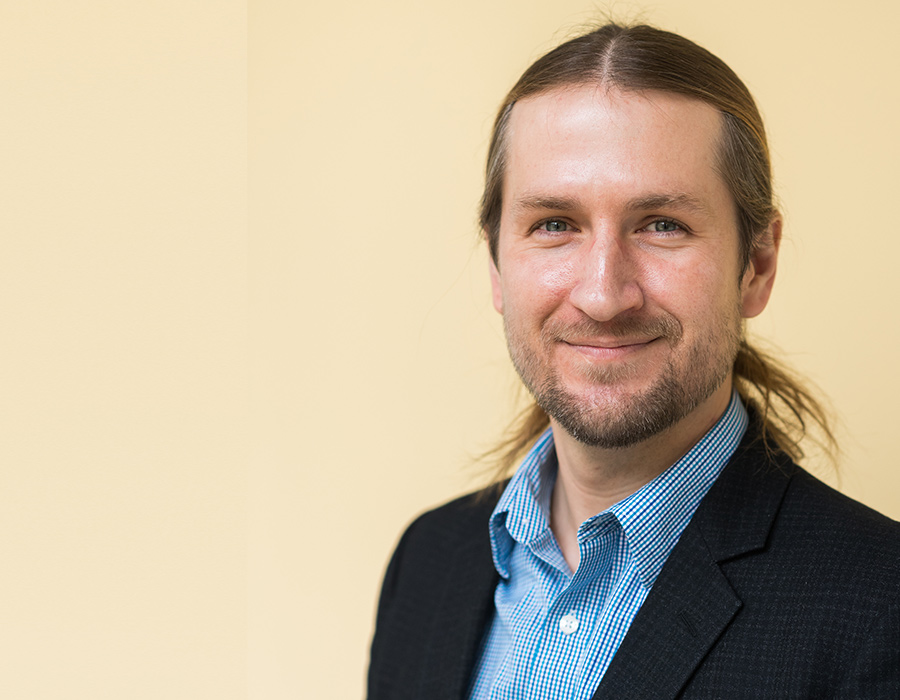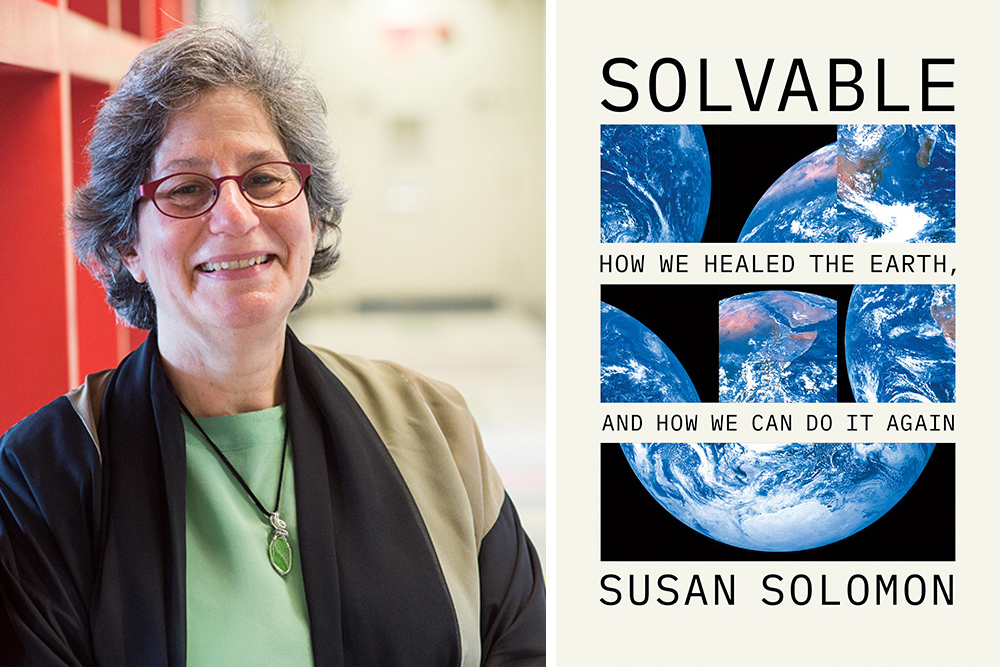Johnson named to the Stand Up to Cancer Multiple Myeloma Dream Team
The Dream Team's new approach to multiple myleoma will focus on precursor conditions and aims to replace “Watch and Wait” with effective treatments.
Stand Up To Cancer has announced a $10 million award to a Stand Up To Cancer Dream Team focused on revolutionizing the treatment of multiple myeloma, an incurable blood cancer of plasma cells, through early detection of precursor conditions before they turn into full-blown disease. The Dream Team is the 23rd announced by SU2C since its inception in 2008 and the first SU2C Dream Team devoted entirely to a hematologic malignancy.
Associate Professor Jeremiah Johnson is one of eight researchers from various institutions who have been selected for inclusion on the Dream Team, which will be led by Irene Ghobrial, MD, associate professor of medicine at Dana-Farber Cancer Institute (DFCI) in Boston and co-director of the Center for the Prevention of Progression of Blood Cancers at DFCI, with Ivan M. Borrello, MD, associate professor of oncology at Johns Hopkins University School of Medicine and director of the Cell Therapy and GMP Biologics Core at the Johns Hopkins Kimmel Cancer Center, as co-leader.
“We tell people with precursor conditions that we will ‘watch and wait’ until it turns into multiple myeloma, with multiple tumors that can potentially cause organ damage,” said Ghobrial. “That’s like telling people with breast cancer or colon cancer that we are not going to do anything until the cancer metastasizes throughout the body. We want to change that.”
The project will involve what is believed to be the first large-scale population survey in the United States for precursor conditions of multiple myeloma, specifically monoclonal gammopathy of undetermined significance (MGUS) or smoldering multiple myeloma (SMM). Blood samples from approximately 50,000 people, recruited largely through social media, will be analyzed to find what is expected to be about 3,000 with the precursor conditions, which cause no symptoms and are usually detected only when a physician orders a blood test for another reason.
“Being involved with this SUTC Dream Team gives my group an outstanding opportunity to translate our fundamental work on the design and synthesis of diagnostic and therapeutic agents to the clinic, specifically to help patients that are at risk for developing multiple myeloma,” said Johnson. “My group has developed an efficient and scalable approach to the synthesis of macromolecular imaging and therapeutic agents that can be applied in several disease contexts. Here, we will use this platform technology to create new diagnostic agents tailored to enable early identification of multiple myeloma. Then, by combining these diagnostic agents with novel targeted therapeutics, we hope to provide safe yet effective therapies.”
Because it is unclear how to tell whether someone with MGUS or SMM will progress to full-blown multiple myeloma, the research team will follow those with the precursor conditions and will use the samples to discover biomarkers that will help predict those with a high risk of progressing. The team will also work to develop treatments for high-risk SMM and multiple myeloma.
“This Dream Team significantly expands our Stand Up To Cancer portfolio,” stated SU2C President and CEO Sung Poblete, PhD, RN. “These efforts embody the central hallmarks of Cancer Interception, as the scientists are seeking the earliest possible diagnosis of MGUS or SMM, and then proactively intervening to stop the progression of multiple myeloma.”
The target population for the survey includes people with first-degree relatives who have had multiple myeloma, and African-Americans, since African-Americans are three times more likely than whites to develop the precursor conditions, and tend to develop them at an earlier age.
Websites will allow people who have the specified characteristics to sign up for the survey, provide their consent, and obtain a sample kit which their doctors can use to draw blood samples and send the samples to the research team.
“This Dream Team’s work has the promise of significantly changing the way we approach multiple myeloma,” said Phillip A. Sharp, PhD, institute professor at the Massachusetts Institute of Technology (MIT), Nobel laureate, and chair of SU2C’s Scientific Advisory Committee. “This is the type of forward-looking research that Stand Up To Cancer is very glad to support.”





